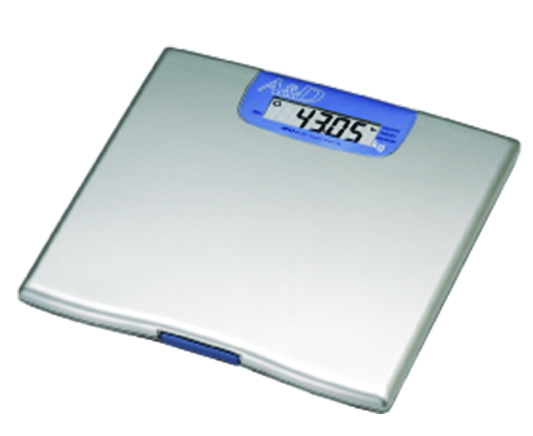In the world of home cooking, baking, and nutrition tracking, having an accurate and reliable measuring scale is essential. Two popular options for precision weighing at home are digital scales and precision balances. Both offer advantages and considerations that can influence their suitability for various tasks.
Understanding Digital Scales and Precision Balances
Digital Scales
Digital scales are electronic weighing devices that use load cells to measure weight. They are widely used in kitchens, laboratories, and retail settings due to their ease of use, accuracy, and affordability. Digital scales typically display weight in grams, ounces, pounds, or kilograms and are suitable for measuring ingredients, portions, and small items.
Precision Balances
Precision balances, also known as analytical balances or lab balances, are highly accurate weighing instruments used in scientific, pharmaceutical, and laboratory environments. They offer superior precision and readability compared to digital scales, often measuring weights down to milligrams or micrograms. Precision balances are designed for precise measurements of chemicals, compounds, and samples requiring utmost accuracy.
Comparing Precision and Performance
1. Precision and Accuracy
Precision balances excel in precision and accuracy, offering measurements with decimal point accuracy down to milligrams or even micrograms. They are calibrated to provide highly accurate readings, making them ideal for scientific experiments, pharmaceutical preparations, and delicate measurements.
Digital scales, while accurate for most home cooking and baking needs, may not offer the same level of precision as precision balances. They typically provide measurements in increments of grams or ounces, which is sufficient for recipes and portion control but may not meet the stringent accuracy requirements of laboratory settings.
2. Weight Capacity
Digital scales and precision balances vary in their weight capacities. Digital scales designed for home use typically have weight capacities ranging from a few ounces to several pounds, suitable for measuring ingredients, fruits, vegetables, and small items.
Precision balances, on the other hand, often have lower weight capacities compared to digital scales but offer higher precision. They are designed to measure small quantities of substances accurately, making them suitable for analytical tasks, chemical weighing, and precise formulations.
3. Features and Functionality
Digital scales and precision balances may differ in their features and functionalities based on their intended use. Digital scales for home use often come with features such as tare function (zeroing out the weight of containers), unit conversion (grams to ounces, kilograms to pounds), and easy-to-read digital displays.
Precision balances are equipped with advanced features such as internal calibration, draft shields (to prevent airflow interference), multiple weighing modes (e.g., counting, percentage weighing), and compatibility with laboratory software for data analysis and record-keeping.
4. Cost and Affordability
Digital scales are generally more affordable and accessible for home use compared to precision balances. They come in a wide range of prices, from budget-friendly options to high-end scales with advanced features. Digital scales offer a cost-effective solution for everyday weighing needs in kitchens and households.
Precision balances, due to their specialized design, higher precision, and advanced features, tend to be more expensive than digital scales. They are an investment for scientific, pharmaceutical, and laboratory applications where accuracy and precision are paramount.
Suitability for Home Use
When considering whether to choose a digital scale or a precision balance for home use, several factors come into play:
Type of Measurements: If you primarily need to weigh ingredients for cooking, baking, or portion control, a digital scale is sufficient for home use. However, if you require highly precise measurements for scientific experiments, formulations, or analytical tasks, a precision balance would be more suitable.
Budget and Affordability: Digital scales are generally more affordable and offer a range of options to fit different budgets. Precision balances, while more expensive, provide unparalleled accuracy and precision for specialized applications.
Ease of Use and Features: Digital scales are user-friendly, compact, and come with features tailored for home kitchens such as tare function and unit conversion. Precision balances offer advanced features but may have a steeper learning curve and require calibration and maintenance.
Long-Term Needs: Consider your long-term weighing needs and whether investing in a precision balance would be beneficial for future tasks or if a digital scale meets your current requirements adequately.
Also Read: Exploring Electronic Balances: Their Functionality, Operation, and Advantages
Conclusion
In conclusion, both digital scales and precision balances have their strengths and are suitable for different purposes in home settings. Digital scales offer convenience, affordability, and accuracy for everyday weighing tasks, while precision balances provide unmatched precision and functionality for scientific, laboratory, and analytical applications. When choosing between the two, consider the type of measurements you need, your budget, desired features, and long-term weighing requirements to make an informed decision that aligns with your home use needs.

